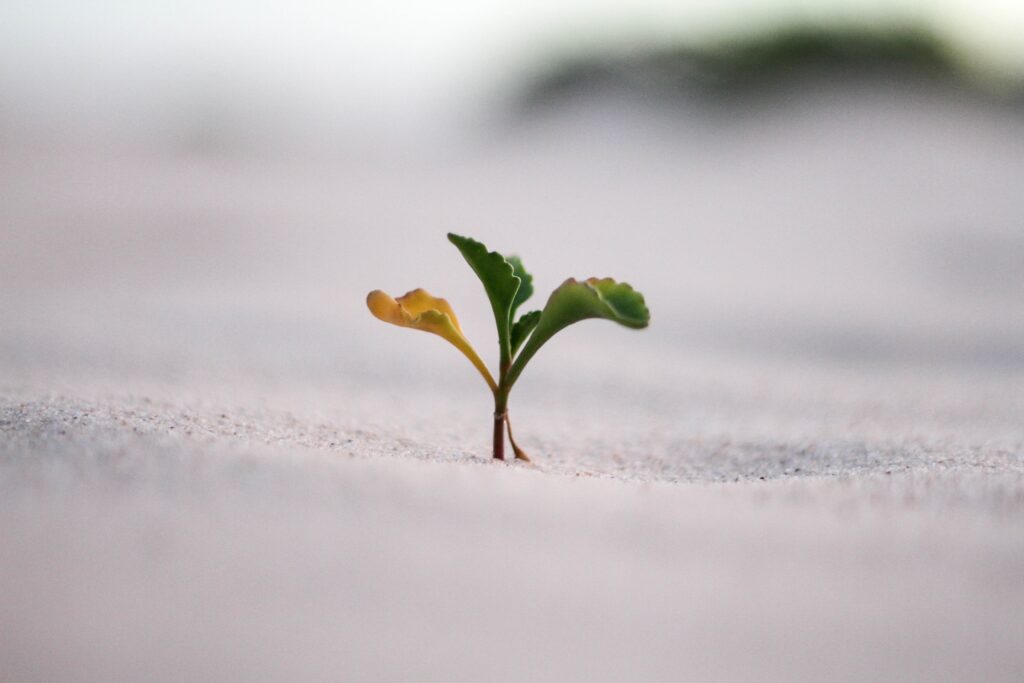Unlocking Your True Potential: Letting Go of Being ‘Good' is an episode of 7 Good Minutes that explores the concept of moving beyond being “good” and striving for greatness. This episode delves into the subtle differences between contentment with goodness and the pursuit of one's extraordinary potential.
It offers insights and tools to help you challenge yourself and embrace a richer, more meaningful life. Whether you're seeking personal growth or a new perspective, this episode holds the keys to unlocking your true potential.
So tune in, subscribe, rate, and share it with a friend or two as you embark on the journey from good to better with 7 Good Minutes.
In this episode, host Clyde Lee Dennis shares a personal story about the power of being seen as a good person and how it impacts our self-identity. He then delves into the research on the human mind, explaining how our attachment to being good can hinder our personal growth and limit our understanding of what it means to be better.
By letting go of the narrow definition of being a good person, we can set higher standards for ourselves and become goodish people who are open to learning from mistakes and constantly striving to improve. It's time to transcend the limitations of goodness and embrace the extraordinary potential within.
The Importance of Being ‘Good'
We all strive to be seen as a good person, but have you ever stopped to think about why being ‘good' is so important to us? One reason is that society places a high value on being good. People admire those who consistently make ethical choices and contribute positively to the world.
Being seen as a good person brings social approval and respect, which are fundamental human needs.
However, our definition of ‘good' can sometimes be limiting. Often, it is based on external factors and societal expectations, rather than personal values and principles. This can lead to a constant pursuit of external validation and the fear of falling short of society's standards.
Understanding How the Human Mind Works
To better understand the importance of being ‘good', we need to delve into the workings of the human mind. Our brains are wired to make quick judgments and take shortcuts in decision-making, a concept known as bounded rationality.
These shortcuts help us navigate through the complexities of life efficiently, but they can also limit our ability to make truly ethical choices.
Another fascinating aspect of the human mind is its subconscious processing of information. We are often influenced by hidden biases and stereotypes without even realizing it. These unconscious biases can impact our ethical decision-making and hinder our ability to see the full moral implications of our actions.
Furthermore, bounded ethicality, a phenomenon coined by social psychologists, explores how people may unknowingly engage in ethically questionable behavior due to cognitive limitations or situational factors. Our behavior may deviate from our own moral standards and values without us even realizing it.

Challenging the Notion of ‘Good'
Letting go of the need to be seen as a good person can be liberating. Instead of striving for an external label, we can focus on being true to ourselves and acting in alignment with our personal values and principles. By setting a higher standard and striving to be a ‘goodish' person, we open ourselves up to growth and learning from our mistakes.
Embracing mistakes as opportunities for growth is an essential aspect of challenging the notion of ‘good'. When we accept that everyone is fallible, including ourselves, we can embrace humility and become open to growth and self-improvement. So, rather than striving for an unattainable perfection, we can focus on progress and learning from every experience.
The Benefits of Being a ‘Goodish' Person
Adopting a ‘goodish' mindset brings numerous benefits to our lives. First, it increases self-awareness and introspection. By acknowledging our imperfections and mistakes, we become more conscious of our actions and their consequences. This heightened self-awareness allows us to make more thoughtful and ethical choices.
Taking responsibility for our mistakes is another crucial aspect of being ‘goodish'. Rather than shifting blame or avoiding accountability, we recognize our role in any negative outcome and actively take steps to rectify the situation. This sense of accountability strengthens our relationships and builds trust among those around us.
Living a ‘goodish' life also leads to progress and growth in all aspects of life. When we embrace the idea that we are constantly learning and evolving, we are open to new experiences, perspectives, and opportunities for personal development. This mindset fosters creativity, adaptability, and resilience in the face of challenges.

Applying the ‘Goodish' Mindset in Various Areas
The ‘goodish' mindset extends beyond our personal lives and can be applied to various areas. One such area is ethics and decision-making. By consistently examining our motives and the potential impact of our choices, we can make more ethical decisions that align with our values.
This applies not only to major life choices but also to the smaller decisions we make daily.
Bias and diversity are additional areas where the ‘goodish' mindset becomes relevant. By acknowledging our biases and actively seeking diverse perspectives, we can make more informed and inclusive decisions. Embracing diversity fosters creativity, innovation, and a stronger sense of community.
Personal relationships are also greatly influenced by the ‘goodish' mindset. By practicing empathy and compassion, we can forge deeper connections with others. It allows us to build stronger and more meaningful relationships, fostering a supportive and inclusive environment characterized by mutual respect and understanding.
Tools and Strategies for Becoming a ‘Goodish' Person
Becoming a ‘goodish' person requires self-reflection and self-critique. Take time to examine your values, beliefs, and behaviors. Ask yourself if there are areas where you feel you fall short of your own moral standards and identify potential areas for growth. Be willing to challenge yourself, dismantle harmful biases, and embrace new perspectives.
Building resilience and embracing vulnerability are also crucial in cultivating the ‘goodish' mindset. When faced with setbacks or failures, view them as learning opportunities rather than sources of shame or guilt. Recognize that vulnerability is a sign of strength, and it allows for growth, connection, and personal transformation.
Practicing empathy and compassion towards oneself and others is another essential tool in becoming ‘goodish'. By striving to understand and relate to the experiences of others, we foster an environment of empathy and compassion. This allows for greater understanding, forgiveness, and the promotion of a more compassionate and inclusive society.

Overcoming Challenges and Obstacles
Embracing a ‘goodish' mindset does not come without its challenges and obstacles. One significant hurdle is the fear of judgment and criticism. When we challenge societal expectations and strive to be true to ourselves, we may face disapproval or rejection from others. However, it is essential to remind yourself that growth and self-improvement are personal journeys, and the opinions of others should not dictate your path.
Navigating societal expectations is another obstacle to overcome. Society often imposes rigid notions of what it means to be ‘good', and they may not align with our personal values and principles. However, it is important to remember that true goodness comes from within and cannot be defined solely by societal norms. Trust yourself and the choices you make based on your own moral compass.
Staying motivated and committed to growth can be challenging as well. Personal growth is a lifelong journey, and it requires dedication and perseverance. Surround yourself with supportive individuals who uplift and inspire you.
Create systems and routines that prioritize your personal development. Celebrate your progress, no matter how small, and remind yourself of the immense benefits that come with being a ‘goodish' person.
Support Systems and Resources
Seeking guidance from mentors or coaches can greatly facilitate the transition to a ‘goodish' mindset. Mentors and coaches offer guidance, support, and valuable insights derived from their own experiences. Their perspectives can help navigate challenges and provide a roadmap for personal growth.
Joining communities or support groups centered around personal growth can also provide a network of like-minded individuals. These communities offer opportunities for sharing stories, struggles, and successes, fostering a sense of belonging and accountability.
Utilizing self-help books and resources is another valuable strategy. There is a wealth of literature available that explores personal growth, ethical decision-making, and the development of empathy and compassion.
Reaching out to these resources can provide guidance and inspiration on your journey to becoming a ‘goodish' person.
Personal Stories and Testimonials
The power of personal stories and testimonials cannot be underestimated. Hearing the accounts of individuals who have embraced the ‘goodish' mindset can serve as powerful examples and inspiration.
Through these stories, we learn that personal growth is possible for anyone, regardless of their starting point. These narratives highlight the transformation and positive impact that can occur when individuals embrace their imperfections and strive for continuous self-improvement.
Conclusion
Embracing the journey from good to ‘goodish' is a transformative process that unlocks our true potential. By letting go of societal expectations and the need to be seen as ‘good', we can focus on being true to ourselves.
The power of continuous self-improvement allows us to grow, learn, and make more ethical choices.
So, embrace the ‘goodish' mindset, challenge the notion of ‘good', and unlock the limitless possibilities that lie within you.


